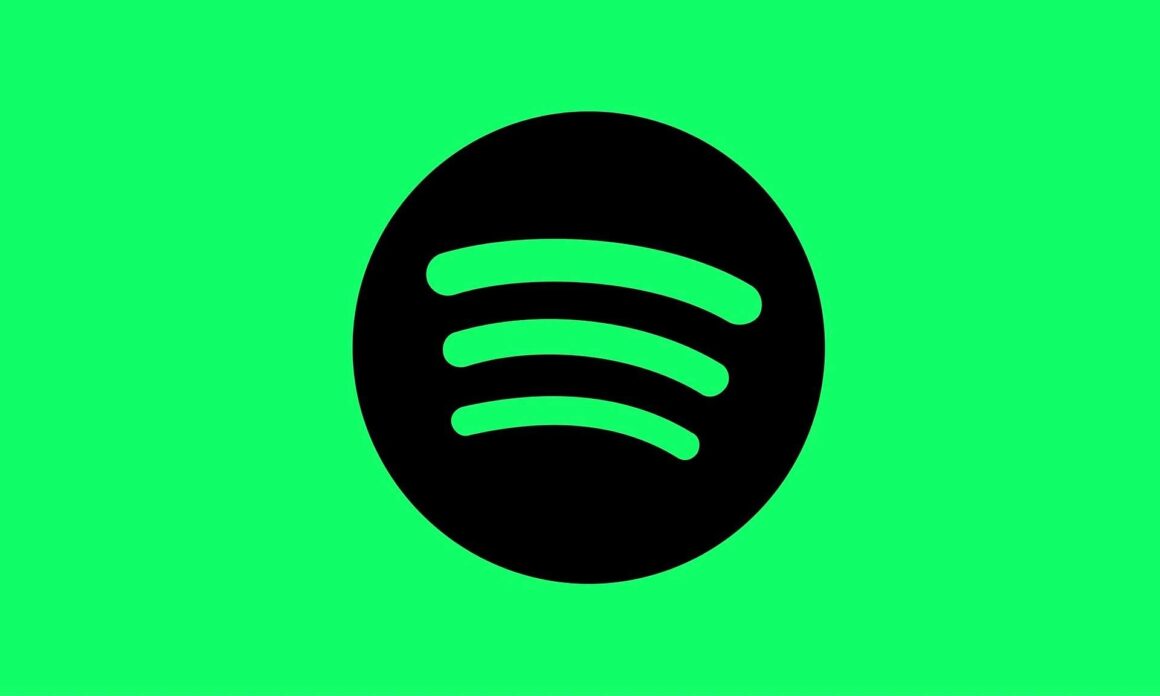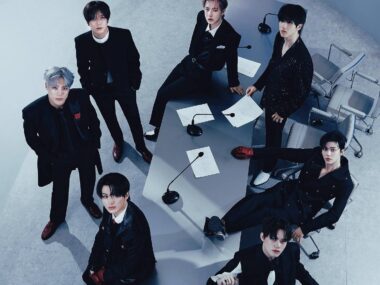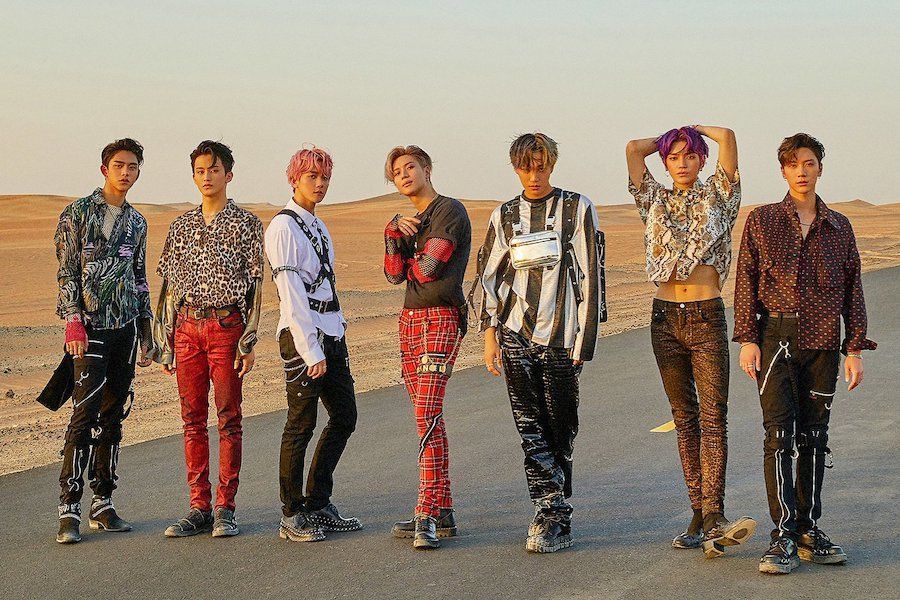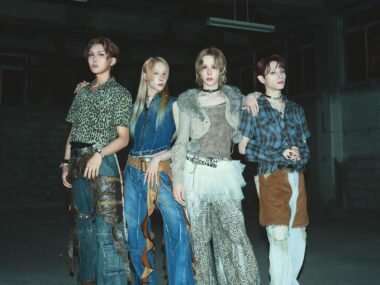Spotify is facing a federal class-action lawsuit that accuses the platform of allowing fake streams to flourish.
The Accusations
Filed on November 2 in Los Angeles federal court, the lawsuit accuses Spotify of ignoring a sprawling network of bot-driven accounts responsible for billions of fake streams. The case is led by rapper RBX (Eric Dwayne Collins). He filed the suit on behalf of a group of artists citing financial harm from what he calls Spotify’s “blind eye” to fraudulent streaming activity.
Drake’s music is used as an example but the rapper himself is not a defendant. According to the filing, a “non-trivial percentage” of the rapper’s 37 billion total streams were allegedly inflated by bots.
RBX’s team cites data showing suspicious VPN activity tied to massive bursts of listening. This includes one instance where 250,000 streams of Drake’s “No Face” in the United Kingdom were traced back to servers in Turkey.
The High Stakes for Spotify’s Business Model
Artificial streaming isn’t new. It’s a problem the music industry has been dealing with for years. Spotify claims they’re working on ways to resolve the issue, but this lawsuit alleges that Spotify knowingly benefited from fake streams.
RBX’s complaint alleges that fake streams help the company in two key ways. They inflate Spotify’s total user engagement numbers (which can help sell ads and attract investors). This lets the platform avoid higher payouts by distributing royalties based on manipulated data.
Spotify’s royalty system is divided among all streams. When fake streams flood the system, the value of real streams drops. The artists who drive listener engagement end up taking the hit.
Spotify has denied wrongdoing. In a statement, a spokesperson said the company “heavily invests in best-in-class systems to combat artificial streaming”. They cited practices of removing fake streams, withholding royalties, and charging penalties to offending accounts.
Still, RBX’s attorney Mark Pifko framed the suit as RBX standing up for the “backbone” of the music business. The artists and songwriters who depend on a transparent payout system. “Not everyone who makes a living in music is a household name like Taylor Swift,” Pifko said. “This case is about them.”
How Fake Streams Distort Reality
If the allegations are true, the aftermath goes beyond royalty checks. Fake streams distort people’s perception of what’s popular. They make some artists appear more successful than they actually are.
Charts, playlists, and hype are all driven by data. Those inflated streams turn into a form of currency. They determine who gets featured on a track, who gets a publishing deal, and how much money someone makes. When bot-driven streaming goes unchecked, it challenges the industry’s idea of success.
That distortion doesn’t stop at artists. Fans, labels, and advertisers are analyzing metrics that may not reflect real human listening. The illusion of popularity determines marketing budgets and playlist placements. It makes it harder for smaller artists, the ones who can’t or won’t buy fake plays to thrive in a competitive industry.
What Happens If RBX Wins?
If RBX wins this lawsuit, the court could force major reforms in how streaming data is audited, verified, and monetized.
Platforms would have to introduce third-party verification systems, and disclose anti-fraud audit results. They might have to change the way royalties are calculated. Regulators could step in, requiring transparency from companies that have kept their algorithms and accounting behind closed doors.
RBX’s lawsuit isn’t just about Spotify or Drake or bots. It’s about the legitimacy of the entire streaming era.
If a platform as big as Spotify allows fake streams, it makes you wonder. Is the music industry’s most powerful platform built on real fans or bots?






